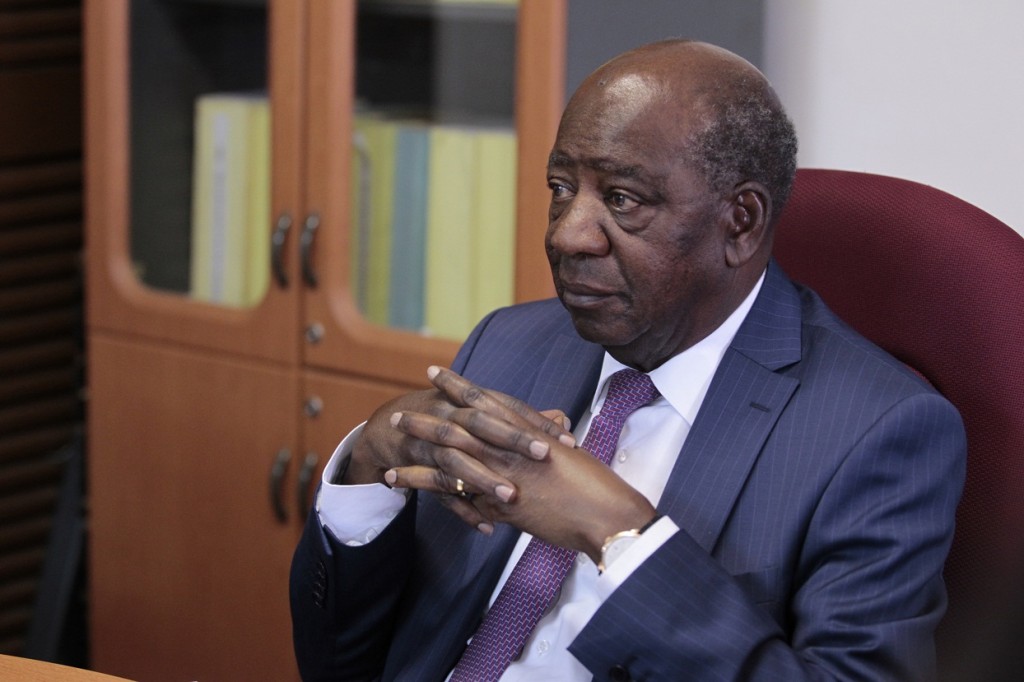 Finance Minister Alexander Chikwanda has attributed the depreciation of the Kwacha partly to the strength of the US Dollar against all currencies arising from the faster growth of the American economy following the 2008 global financial crisis.
Finance Minister Alexander Chikwanda has attributed the depreciation of the Kwacha partly to the strength of the US Dollar against all currencies arising from the faster growth of the American economy following the 2008 global financial crisis.
In a ministerial statement to Parliament today on the depreciation of the Kwacha, Mr Chikwanda says on the domestic front the major reason for the weakening of the Kwacha is that the demand for Dollar and other convertible currencies exceeds the supply of those currencies.
Mr Chikwanda adds that the foreign exchange earnings inflows are slow because of the time lag effect in the realization of export earnings, while lower copper prices have further constrained the supply conditions relating to the hard currencies particularly the dollar.
He says the hard currency earnings will improve as the fiscal year progresses especially from mining sector as volumes of copper increase and the prices considerably inch upwards.
Mr Chikwanda states that over the long-term there is need for the country to increase and quicken activity in sectors such as agriculture which has relatively shorter bearable gestation period compared to mining.
He adds that the tourism sector has potential to contribute to foreign exchange earnings but that the sector will require reinforcing infrastructure and services.
The Finance Minister states that a robust and diversified agriculture sector can generate export earnings which can furnish the country with enough and reliable hard currency to permit assured Kwacha stability, saying this is only considerable way forward in the longer term.
And Mr Chikwanda has clarified that Zambia and Zimbabwe will share the burden of repaying the loan of $114 million of the total $294 million for the rehabilitation of Kariba Dam Wall.
Mr Chikwanda says $161 million of the $294 million is a grant which will not need any repayment.
He says there is therefore no disadvantage to Zambia stating that the country has not borrowed money on behalf of Zimbabwe.
 Q FM Africa's Modern Radio
Q FM Africa's Modern Radio